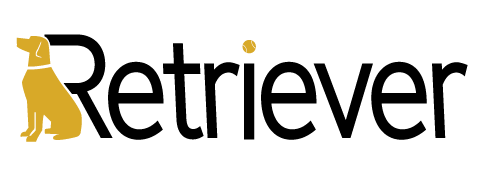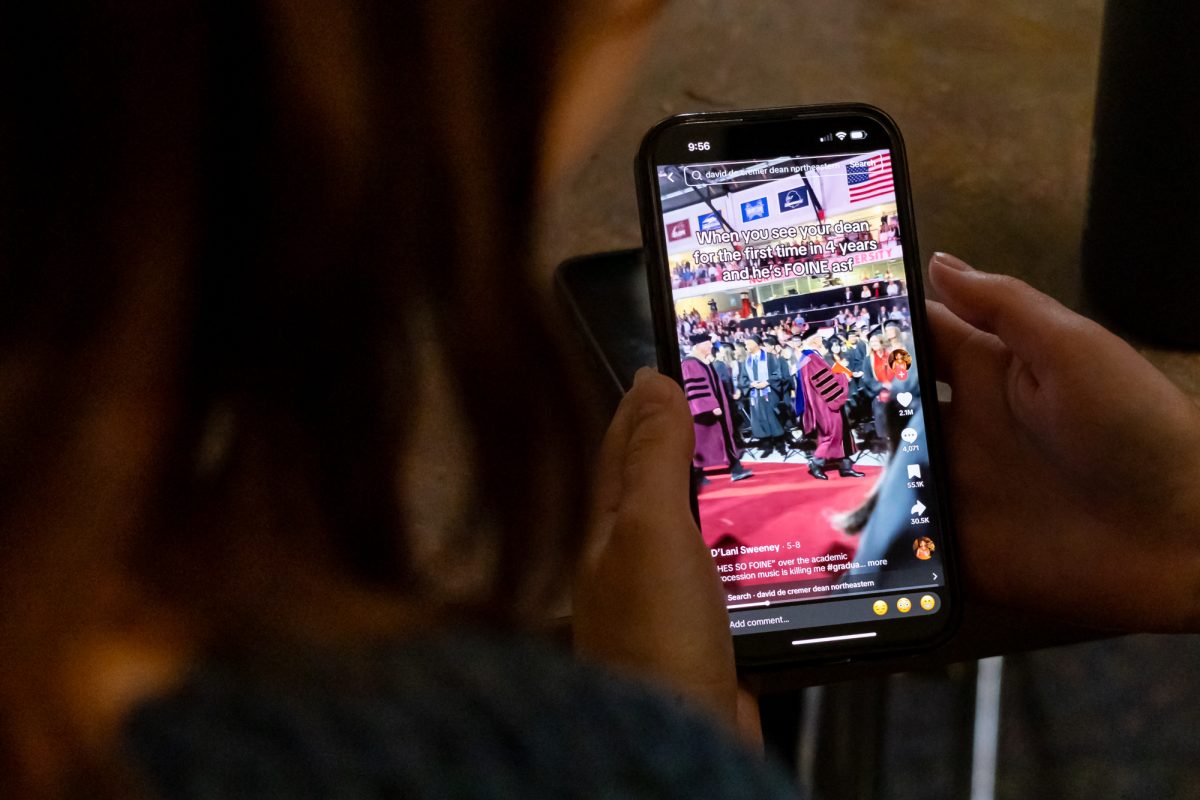By Jodie Ng, news correspondent
Those who are prone to misplacing their personal belongings, fear no longer. For those who find themselves looking for keys, wallets or even cell phones more often than not, there’s a new solution for that — Retriever.
Founded by seven Harvard Business School students, Retriever is a service that helps return lost items. The process is simple and straightforward. A user orders a set of free stickers and tags through the Retriever website, which they can then put on the items theymight easilylose (or would be sorely missed), like laptops, wallets or keys. Each sticker has a unique code on it, which can be used to register the item in the company’s database. Now if they misplace that belonging, which for some scatterbrained and overscheduled students is only a matter of time, all they have to do is wait for someone to find it and use the tag to report it to Retriever.
“One of the things we learned is that before you lose your stuff, you’re quite confident you’re never going to lose it,” said Cliff Longley, one of the company’s founders. “If you signed up for free and then you lose your stuff six months from now, you’re willing to pay at that point a lot more.”
This is where the business side of the company comes into play, and where someone who finds the item gets motivation to actually return it. When a user registers their belonging on Retriever, they set a minimum monetary reward of $10, which is paid partly to the company and partly to the finder if the item is returned successfully. However, there is no cost to begin using the service and the user only needs to pay if they get their item back.
“I would definitely use this service,” said middler journalism major Natasha Chang. “I mean I like to think that I’m responsible over my stuff and all but if it’s free, why not?”
The Boston startup also enforces anonymity by facilitating the entire return process. This protects the identity of both the finder and the registered user, a key point that differs from their competitors, like StickR TrackR or Tile. When someone finds a lost item, they enter the sticker’s code into the website and receive a prepaid return box in the mail. They can then use the box to ship the item back to Retriever, who sends it to the original owner. This way, the contact information of both parties remains secure and there is a much lower personal risk.
“What made us continue is that we feel like we have a good business model and a story that customers and especially students really like,” Longley said. “It’s something [the team and I] have been having fun with.”
Longley works with co-founders Walker Brumskine, Daniel Cohen, John DiCola, Dylan Emmett, Jan Hoberg and Jon Lange on the service, which originally started as a school project. The team is comprised of good friends who have chemistry and are able to work well as a group, Longley said. However, despite it all, there were inevitable challenges.
“The most challenging part is getting started. Once you come up with an idea, you sit there and try to plan out the whole business model,” Longley said. “You’re trying to design a business model around what you think consumers are going to want, but you don’t know what they want until you’ve tried something.”
All the trial and error paid off, as the recently-launched company has already gathered 192 users, with 308 total items registered, and continues to gain more. When people are approached on the street and told about Retriever, 75% of them will register on the spot, Longley said.
“I could totally see students using a service like that,” said Preston Pao, a sophomore mechanical engineering major. “People lose their stuff all the time, especially college kids. We’re in our prime time of being reckless.”
Visit the website for more information and to register and receive a set of stickers. In a big city full of taxi cabs, park benches and other tempting places to leave your things, you just might thank yourself later.
Photo courtesy rtvr.us.









